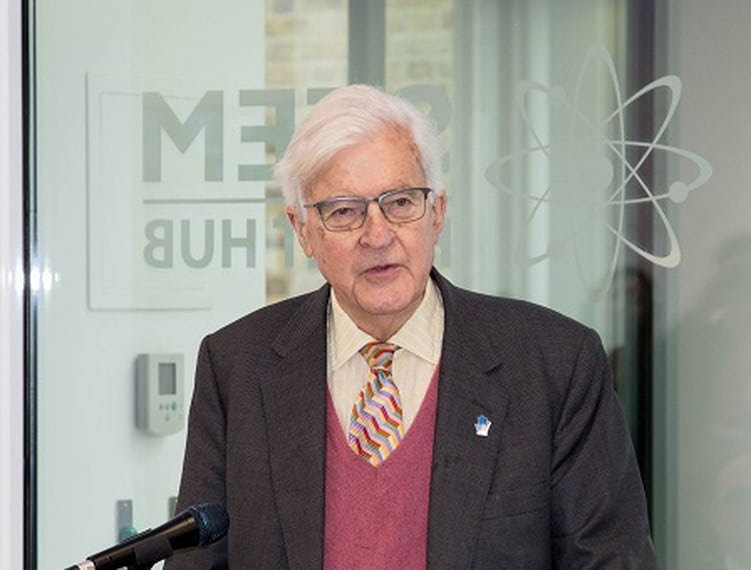NAO Report on UTCs demonstrates the DfE’s commitment to technical education

The NAO Report released today (30 Oct) provides an analysis of mainly publicly available information and provides little in the way of new insight into the UTC programme.
Unfortunately, the report does not consider the programme’s significant value to the 30,000+ students, who have benefited from a UTC education over the past ten years.
None of the 400+ employers and universities, who have backed UTCs from the start, and benefit from UTC leavers taking jobs, apprenticeships and university places into hard-to-fill areas of the economy, were approached to provide feedback on this report.
It is well documented that technical education costs more money to deliver than general secondary education, and the OECD highlighted recently that the UK is one of just six countries globally spending less on this form of education than general secondary education. In this context, Baker Dearing welcomes the DfE’s commitment to school-age technical education through its investment in the UTC programme.
However, excluding capital funding and start up grants, which all free schools are entitled to, the report highlights that the DfE has only invested an additional £50m into the UTC programme over the past ten years.
This represents about 0.01% of the dedicated schools grant over the same period. With a national skills’ gap for level 3 engineers estimated at 200,000, and rising, and three times this for digital technicians, it is vital the DfE redoubles its commitment to all forms of technical education.
Lord Baker, Chairman Baker Dearing Educational Trust said;
“This report records the price of everything and the value of nothing. UTCs should be judged by the success of their students becoming apprentices, studying STEM subjects at a University and getting a job as a technician or an engineer. For that we have the best destination data of any schools in the country.
“Because of this the Department has encouraged us to make applications for new UTCs and we are working with local employers and universities for the next round in November.”
UTCs offer choice for many young people by providing a unique and relevant approach to education, which meets the changing needs of students and employers in the 21st Century. While Baker Dearing recognises that more can be done to increase student numbers at some UTCs, the strong track record of students destinations after leaving all UTCs is proof that the programme is working: UTC leavers are 5x as likely to progress into advanced and higher apprenticeships, and almost twice as likely to take STEM courses at university.
As the Secretary of State for Education, Gavin Williamson said earlier this month;
“We should never underestimate the importance and the power that technical vocational qualifications have in terms of driving our economic performance. And UTCs, (such as this one in Plymouth) are a perfect exemplar of what more we need to be doing in the future.”
About Baker Dearing Educational Trust
Baker Dearing Educational Trust (Baker Dearing) was founded by Lord Baker and Lord Dearing in 2009 to promote and develop University Technical Colleges (UTCs). Baker Dearing sits at the centre of the UTC network and is uniquely placed to provide co-ordinated support to, and advocacy for, UTCs as well as communications within the network and to broader audience.
About UTCs
University Technical Colleges were established in response to demand from employers seeking to fill skills gaps in their local areas. They are state funded and non-selective. Local employers and a University govern each UTC. Employers go into the schools to work with students on live projects and provide a programme of work experience for every student. Employer partners include Aston Martin, BAE Systems, Network Rail, Fujitsu, Rolls Royce, Microsoft, Siemens and the Royal Navy.
The first University Technical College, JCB Academy opened in Staffordshire in 2010. There are now 48 UTCs open, educating over 14,500 14-19 year olds across England.
In September 2019 some 2,500 18-year-olds left UTCs. 42% went on to university, of them, 85% started a degree course in science, technology, engineering or maths (STEM) (the national average is 46%). Apprenticeship destinations for UTC students are outstanding in terms of quantity and quality. At 18, 31% of UTC leavers started an apprenticeship (the national average is 6%) and over half of these were at higher or degree level.











Responses